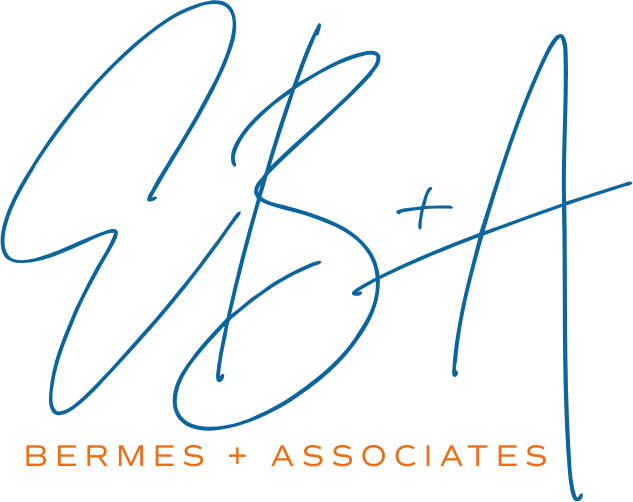Why High-Intensity, Out-of-the-Box Team Development Works
Shared experiences in pursuit of a common objective help to form functional teams. The more intense an experience, the more trust is built among participants.
This is widely-held communication theory. It’s also common sense that plays out practically in organizations of all types: military units, religious groups, sports teams, businesses, and more.
When people work toward a common goal, they bond. And as they build trust, they’re able to work together more effectively. Intense experiences (like boot camp, or a playoff game, or a company-defining initiative) speed up the process.
That’s why we partner with Mastiff Protection to offer high-intensity team development trainings. Through controlled, high-stakes scenarios, these innovative trainings take participants out of their comfort zones. They illuminate how individuals’ strengths and weaknesses play out under pressure, and quickly build team functionality and trust.
And they’re pretty cool, too.
The Trainings
The flagship training program offered through our partnership can be customized with a variety of high-intensity activities.
One scenario option involves live firearm activities on a shooting range.
Participants of all skill levels – even those who may not have held a firearm before – are taught safety and accuracy by an expert instructor. Then, they’re grouped into teams of two people, with one forward and one in the rear. Teams move from point to point, completing tactical objectives with the guidance of an instructor.
Another scenario trains participants on room-clearing techniques used by SWAT teams and special operations units in the staged context of a dusty basement. During these exercises, players are equipped with Airsoft guns and protective gear, then tasked with solving tactical problems, navigating “shoot” and “no-shoot” targets, and dealing with live, Airsoft-equipped role players.
If participants aren’t comfortable with scenarios involving guns, we also offer a variety of other high-stakes trainings.
A medical trauma scenario involves caring for a “bleeding” victim while traveling at high speed down a dirt road and being subjected to environmental distractions.
Survival skills training is slower-paced but still intense. It involves learning wilderness survival skills and doing high-ropes courses or rappelling.
Each of these scenarios can be customized to participant comfort and skill level. Teams that want more or less intensity can be accommodated.
How Out-of-the-Box Trainings Work
Again, these trainings are legitimately fun. But, importantly, they also produce real results.
For one thing, people’s stress responses are quickly revealed. If somebody lashes out under stress – or, conversely, goes quiet – it will show. All the coping mechanisms they have go out the window.
We use these moments to instruct. The reality is that a large portion of high-stress actions can be correlated closely to behavior in a work context.
So, trainings illuminate individual behaviors. But they build behavior at a group level, too. As teams are challenged with unfamiliar, high-stakes scenarios, they pull together.
It’s fascinating to see teams that functioned poorly in high-stress situations at the beginning of a day able to work together to accomplish tasks as a unit by the end. Real trust is built. And, again, this transfers fairly directly to learning on team functionality in a work environment.
Could High-Stakes Training Benefit Your Team?
The answer is probably yes.
Intense, shared experiences in pursuit of common objectives are foundational in building trust. And trust is foundational in a high-functioning team. The teams that understand how members react in high-pressure scenarios are better prepared to perform under stress. And, make no mistake: the work environment can be stressful.
Want to get outside of your comfort zone, grow as an individual and as a team, and have some fun in the process?
These innovative trainings may be right for you.
Looking for an executive coach in Chicago?

